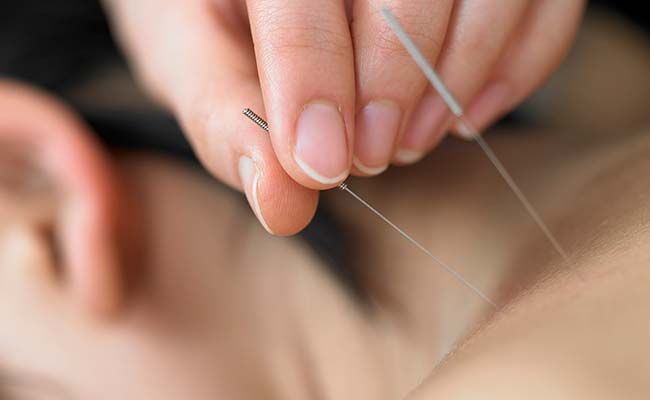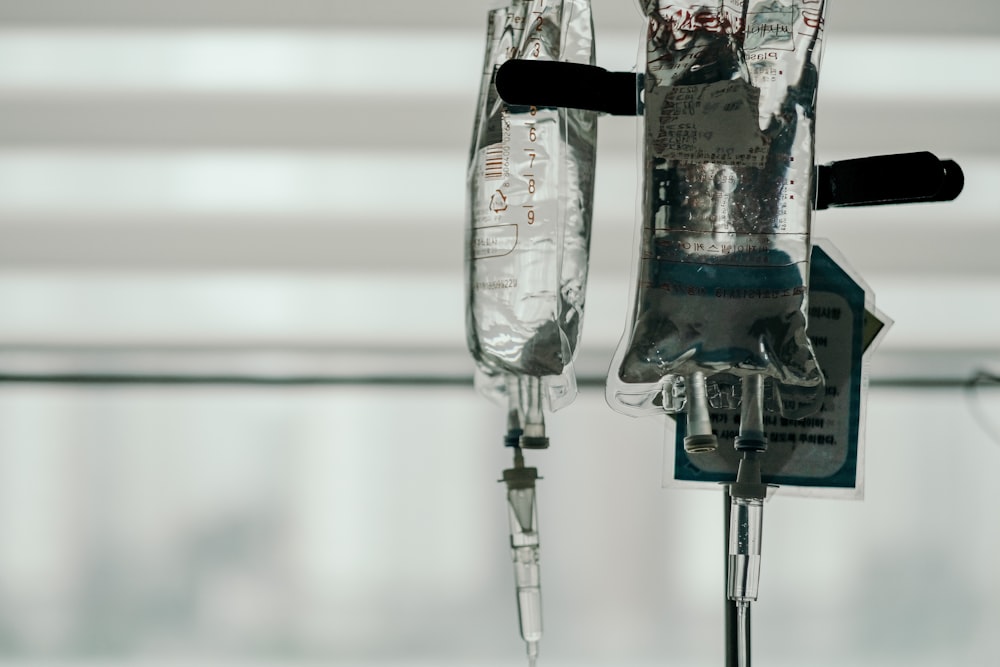People are getting diagnosed nowadays with multiple, more complex disorders than ever before. With chronic diseases on the rise, aging populations and increasingly sedentary lives, many around the world are suffering from pain, particularly neuropathic pain. This type of pain usually occurs as a result of nerve damage and it can have serious, debilitating and even deadly consequences. Numbers estimate that as much as 8% of the global population is suffering from neuropathic pain. This is clearly visible especially if you think about the opioid crisis many countries are facing in an effort to alleviate pain and feel better.
More and more researches are conducted into the benefits of alternative medicine options, such as acupuncture, to try and reduce the spiking numbers of addictions, hospital admissions, health spending and improve the lives of millions. Acupuncture is known to boost the body’s functions and foster natural self-healing. Many people know it as a ‘needle inserting’ technique, but what many don’t know is the reasoning behind that. These fine, sterile needs are inserted into specific points throughout the whole body, also known as acupoints, which stimulate reactions and reduce nerve pressure. If done right, acupuncture can also fuel the release of endorphins thus relieving pain in a natural way and improve blood flow which serves as a healing aid.

Many studies have been conducted or are underway at the moment on the analgesic potential of acupuncture in neuropathic pain. One looked into the differences between acupuncture and drug treatment, such as painkillers, and showed that the therapy proved to be just as effective as the medical treatment but with fewer side effects, including risk of addiction. In cancer patients where neuropathic pain resulted from chemotherapy, acupuncture revealed itself to be more effective than adding more drugs to the patient’s care plan. This also meant that damage to other organs was also avoided since medications usually attack liver, kidney and can cause further gastro problems. In HIV patients, acupuncture has been shown to make a world of difference. Not only by alleviating pain, but also playing a key role in ceasing disease progression and improving quality of life for people.
In general, acupuncture impacts the nervous system which controls the body and by doing so, it causes biochemical changes stimulating the innate power of self-healing. All of this with fewer risks or unwanted effects caused by pharmaceutical treatments. Mainly, neuropathic patients experienced hypersensitivity and inflammation reduction, muscle tension and soreness relief, and blood circulation balance. Factoring in that many conditions are impacted by these factors, acupuncture proves itself to be a powerful weapon in care management.
In every study conducted, neuropathic pain has been associated with worse health, very low quality of life and debilitation. The millions diagnosed and the millions waiting to be diagnosed in the future are in much need of acupuncture as a treatment option and healthcare professionals should always put it on the table.

